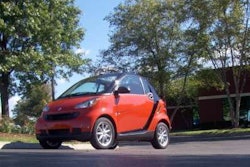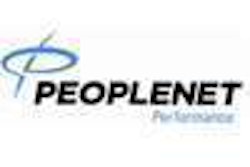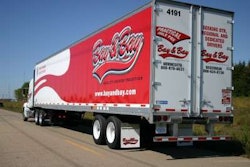Although stronger Democratic majorities in Congress and a Democrat in the White House could mean trouble for heavy-duty vehicle suppliers in areas like labor and energy, the new regime might be receptive to suppliers in some areas, says Ann Wilson, vice president of government affairs for the Motor & Equipment Manufacturers Association. Wilson told attendees of the Heavy Duty Dialogue in Orlando, Fla., that she expects strong support for onboard safety technologies and environmental initiatives that might create greater commercial opportunities for suppliers.
“The election may help advance our issues, but the concern is mandates versus incentives,” Wilson told attendees. MEMA and its heavy-duty unit, the Heavy Duty Manufacturers Association, favor tax breaks and other incentives for the installation of safety technologies.
Wilson said she anticipated legislation being reintroduced soon to grant such incentives for vehicle stability systems, lane-departure warning systems, collision warning systems, brake sensors and other systems that the U.S. Department of Transportation determines to be worthwhile. The big problem with a mandate rather than incentives is that a mandate could take years to implement, Wilson said. Still, USDOT might be headed that way if Congress approves legislation to mandate certain technologies on motor coaches as it may do. USDOT has told Congress that if that legislation passes, it probably would extend mandates to all motor carriers, Wilson said.
One regulatory issue that MEMA is following closely is the ongoing National Highway Traffic Safety Administration rulemaking on stopping distance for highway tractors. Wilson pointed out that a rule supposedly was close when she joined MEMA five years ago, but it’s still not done. The big concern now is that all the research done to support the rulemaking dates back a number of years. “If they don’t finish it soon, our statistics and data might become outdated.”
But for some opportunities, the new regime brings some big threats, Wilson warned. A cap-and-trade system for carbon might not cover trucks, but it clearly would apply to suppliers’ manufacturing plants. And the so-called “card check” legislation is a big threat to any significant company that currently isn’t unionized, she said. She singled out HDMA-member companies with operations in Alaska, Alabama, Arkansas, Colorado, Indiana, Louisiana, Maine, North Carolina, Nebraska, Ohio and Pennsylvania that needed to contact their legislators to oppose the legislation, which would allow unions to organize without a secret ballot.










